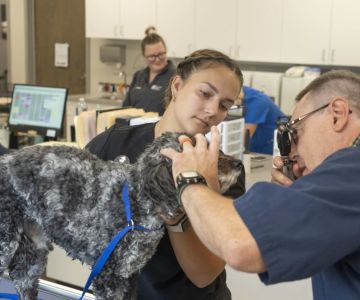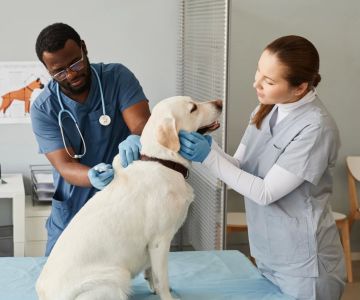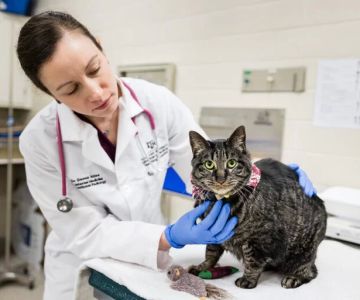What Courses Are Needed to Be a Veterinarian: Essential Academic Pathways
- 1-Foundation-in-Science-Courses
- 2-Core-Veterinary-Medicine-Classes
- 3-Specialized-Courses-and-Clinical-Training
- 4-Importance-of-Research-and-Elective-Courses
- 5-Real-Student-Experiences-in-Vet-School-Curriculum
- 6-Planning-Your-Course-Pathway-for-Veterinary-Success
1. Foundation in Science Courses
Starting your veterinary journey requires a strong foundation in basic sciences. Courses such as biology, chemistry, physics, and mathematics are essential. These subjects build the analytical and scientific thinking skills needed to grasp complex veterinary concepts later on. For example, general biology introduces anatomy and physiology, which are crucial for understanding animal health.
High school and undergraduate students should focus on excelling in these areas to prepare for veterinary school applications.
2. Core Veterinary Medicine Classes
Once admitted into veterinary school, students delve into specialized courses that cover animal anatomy, physiology, pathology, pharmacology, and microbiology. These classes form the backbone of veterinary education, enabling students to diagnose and treat animal diseases.
Many programs integrate case studies and lab work to enhance practical understanding, making these courses both challenging and rewarding.
3. Specialized Courses and Clinical Training
Veterinary students also engage in specialized subjects like surgery, internal medicine, dermatology, and reproduction. Hands-on clinical training under supervision allows students to apply classroom knowledge in real-world settings, handling diverse animal species and medical conditions.
This practical experience is critical for developing confidence and competence before graduation.
4. Importance of Research and Elective Courses
Research projects and electives offer students opportunities to explore emerging fields such as veterinary oncology or animal behavior. Electives help tailor education to individual interests and career goals, while research fosters critical thinking and innovation.
Participating in research can also improve a student’s profile for residencies or specialized careers post-graduation.
5. Real Student Experiences in Vet School Curriculum
Jane, a current veterinary student, shares that the transition from foundational science courses to clinical rotations was intense but rewarding. She values how her school combines theory with hands-on practice, particularly in surgery labs and fieldwork with local farms.
Stories like Jane’s highlight the demanding but fulfilling nature of veterinary coursework and the importance of resilience and dedication.
6. Planning Your Course Pathway for Veterinary Success
Understanding what courses are needed to be a veterinarian allows aspiring vets to plan effectively. Starting with strong science courses in high school, followed by targeted undergraduate studies and carefully selected veterinary school programs, sets a solid foundation for success.
For those ready to pursue this path, investing in quality textbooks, enrolling in preparatory courses, and seeking mentorship can enhance learning outcomes and career prospects. Dive deeper into recommended veterinary course materials and educational tools to support your journey to becoming a skilled veterinarian.











